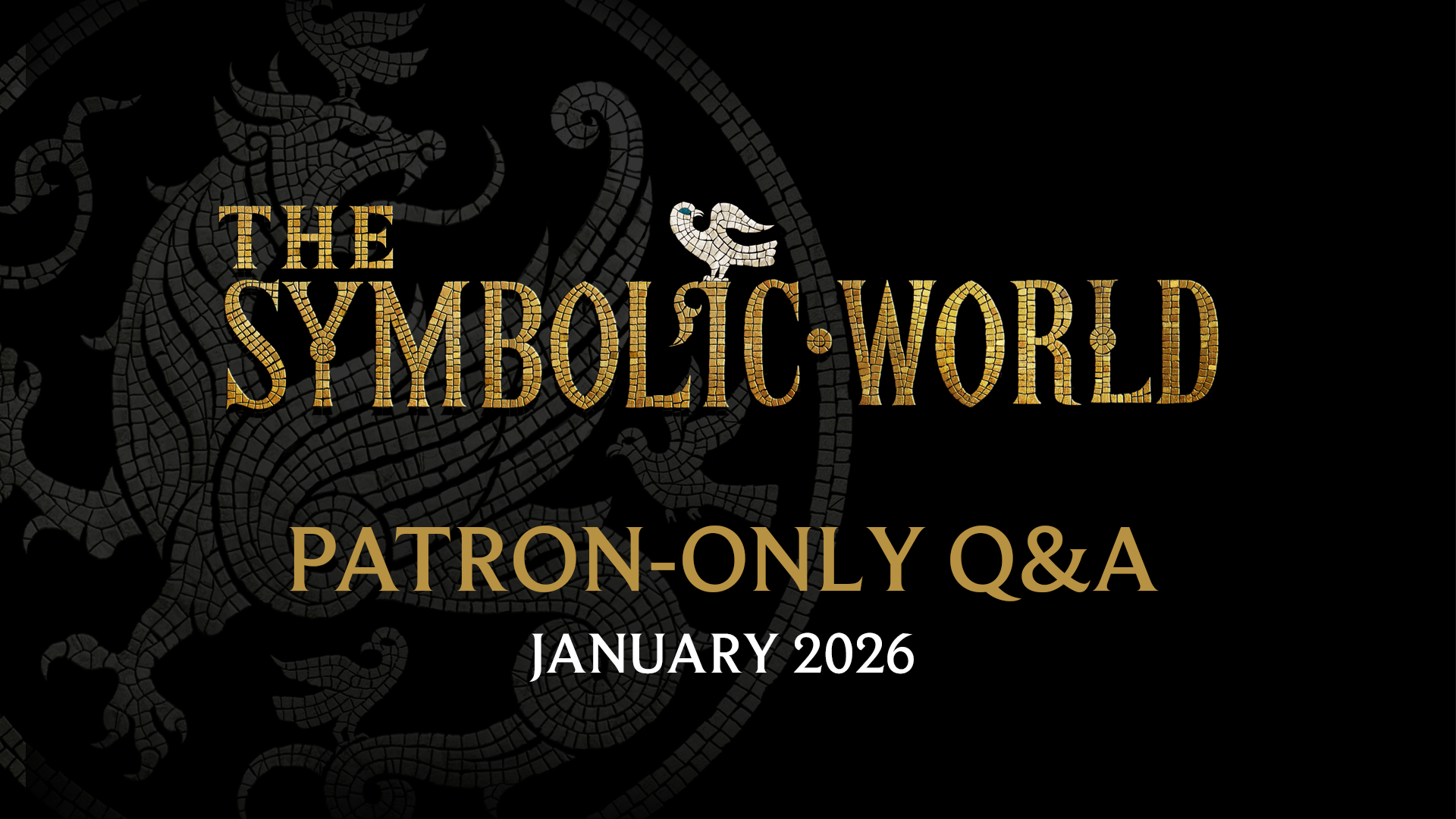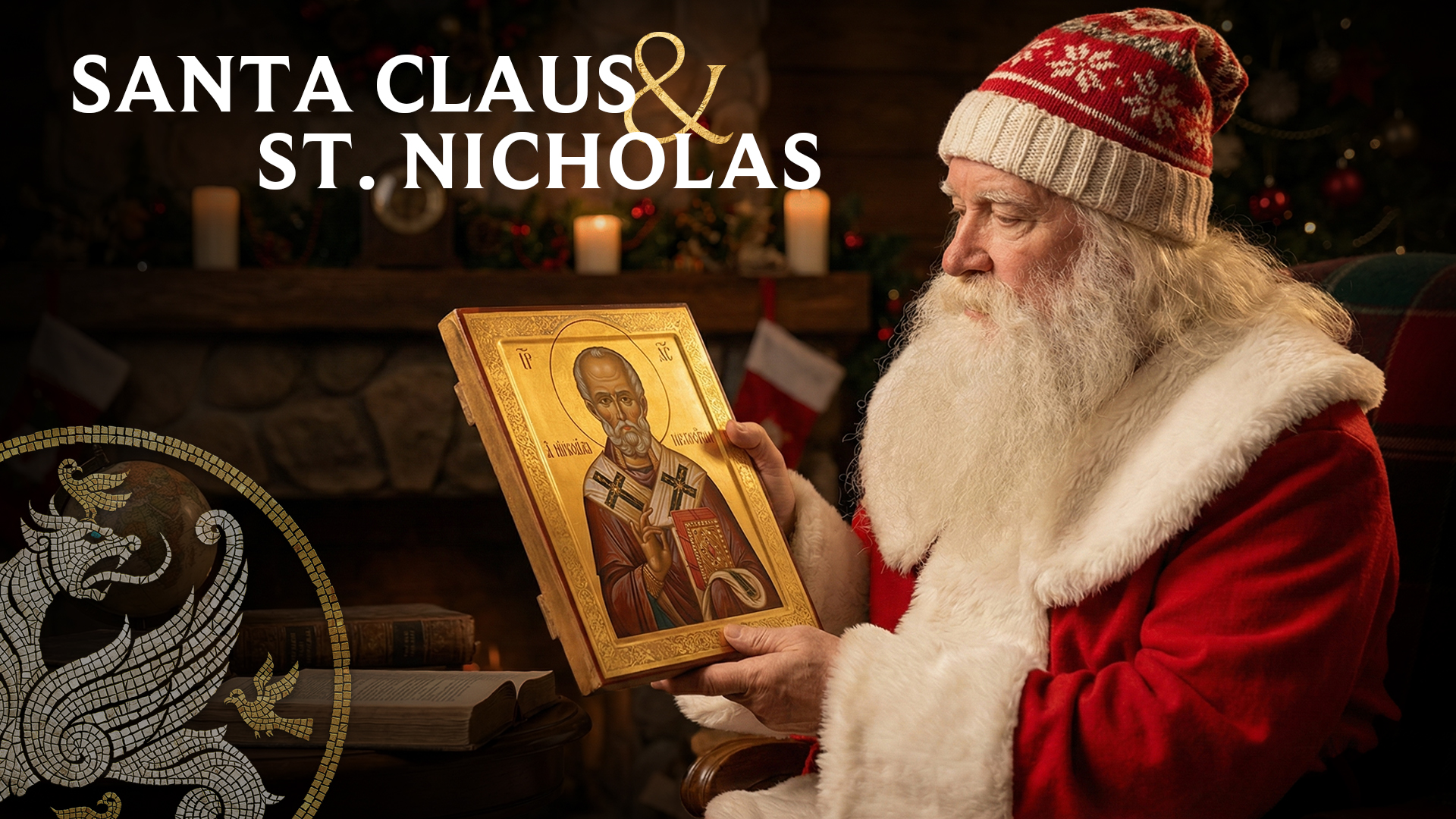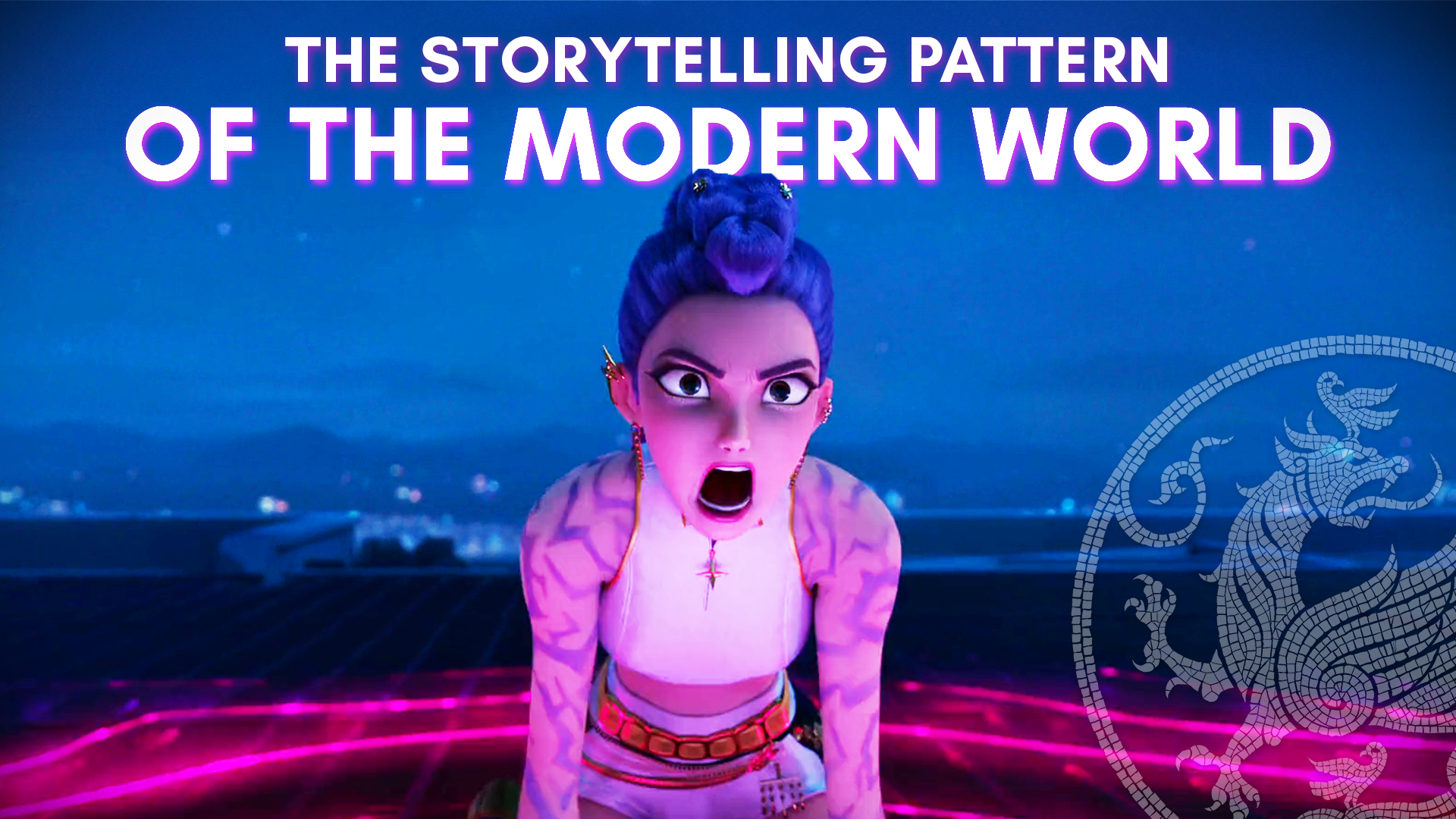The Way To The Country From Which The Shadows Fall: Part, The First

George MacDonald is well known to many for his longer works, such as Phantastes, Lilith, or The Princess and the Goblin. This frequently misunderstood writer from the late 19th Century played a highly significant role in the lives of various literary figures, such as Lewis Carroll, T.S. Elliot, and Mark Twain. G.K. Chesterton even called him one of the three or four greatest men of the 19th century. Posthumously, his work made a profound impression upon a young C.S. Lewis. In the preface to his anthology of quotes from MacDonald, titled simply George MacDonald, Lewis recounts his first encounter with the writings of the man who featured as a wise psychopomp figure in his earlier work of fiction The Great Divorce:
It must be more than thirty years ago that I bought – almost unwillingly, for I had looked at the volume on that bookstall and rejected it on a dozen previous occasions – the Everyman edition of Phantastes. A few hours later I knew that I had crossed a great frontier…I was only aware that if this new world was strange, it was also homely and humble; that if this was a dream, it was a dream in which one at least felt strangely vigilant; that the whole book had about it a sort of cool, morning innocence, and also, quite unmistakably, a certain quality of Death, good Death. What it actually did to me was to convert, even to baptize (that was where the Death came in) my imagination…There was no question of getting through to the kernel and throwing away the shell: no question of a gilded pill. The pill was gold all the way through. The quality which had enchanted me in his imaginative works turned out to be the quality of the real universe, the divine, magical, terrifying, and ecstatic reality in which we all live. 2
Such was the world that was opened to C.S. Lewis by the writings of MacDonald, and such is the world that we will briefly delve into through this short series of articles. In 2007, Charles Seper wrote a fantastic little book on MacDonald called C.S. Lewis Called Him Master 3 that drew heavily from MacDonald’s two most widely known texts, Phantastes‘ and Lilith. It is well worth the read, and is far more than a mere biography. This series however, will focus upon some of the symbolism present in one of MacDonald’s far shorter and less frequently read works: The Golden Key. 4 While it is not necessary to have read it before this article, it can be found in its entirety here. In some respects, The Golden Key is similar to Phantastes and Lilith in its dreamlike progression and highly symbolic language. However, The Golden Key stands apart from those longer books because of the dizzying amount of symbolic meaning that it encodes within a very short collection of pages. By “encode” here, I refer to the layering of meaning upon a symbol, such that there can be found symbolic significance at multiple levels within a thing or idea in the tale. There is, within this short work, such densely encoded symbolic meaning that several readings will likely not exhaust the potential for discovery. This series will, after a necessary introduction to the basic story and some of the symbolic themes, present a brief analysis of the characters’ encounters with three particularly interesting figures: The Old Man of the Sea, The Old Man of the Earth, and The Old Man of the Fire.
The Story
The tale begins with a boy who has been told stories by his great-aunt of a golden key which lies at the end of the rainbow. No one knows what it will open, but it would be a valuable thing indeed if he were to find it. The boy is fascinated by this prospect, and has been told that his father may have found it long ago, but has never told anyone what door the key unlocks. One day, while the boy is gazing through the window into the forest, the end of the rainbow suddenly appears with a bright key shining out from the place where it stands. Excitedly, he rushes through the ancient forest to find the rainbow’s end, and the enigmatic key which resides there. Upon reaching the end of the rainbow, and after sleeping upon a bed of moss, the boy is eventually able to take hold of that golden key. Unsure of what to do next, he heads off towards a distant glimmer in the forest. With the very first few sentences we are presented with the longing and curiosity of a child. This theme of youth and age will weave a constant thread through the tale. In fact, we may come to find that it is the very core of the story.
Meanwhile, at the edge of the same ancient forest, a young girl has been frightened by mischievous fairies from her home. Thinking herself chased by the three bears from the tale of Silverhair (Goldilocks), she flees through the forest and becomes trapped in the branches of a malicious tree. To her surprise, she discovers that a sort of creature quite unlike a bear has been following her:
It was a curious creature, made like a fish, but covered, instead of scales, with feathers of all colours, sparkling like those of a humming-bird. It had fins, not wings, and swam through the air as a fish does through the water, Its head was like the head of a small owl.
The mysterious air-fish tears at the branches, rescues the girl from the branches of the evil tree, and leads her safely through the wood to a cottage door. There she finds a beautiful woman, who has apparently been waiting for her for a long time. The girl comes to ask the beautiful woman how old she is, and learns that she is “thousands of years old”. The radiance of her beauty is said to be a byproduct of her agelessness, and a contrast is drawn (in typical MacDonald fashion) between “age” and “growing old”. It is very idle to grow old, and the beautiful woman has no time for such things. We learn that the name of the little girl is Tangle (on account of her often untidy hair), and the beautiful woman is called simply Grandmother. After a wash and a change of clothes, they dine upon the very air-fish which had rescued and led Tangle to Grandmother’s cottage. Tangle is told that the air-fish gave itself willingly to the pot to be boiled, and in fact desired such a fate above all else.
“In Fairyland”, resumed the lady as they sat down to the table, “the ambition of the animals is to be eaten by the people; for that is their highest end in that condition. But they are not therefore destroyed. Out of that pot comes something more than the dead fish, you will see.”
Here we see an image of self-sacrifice as a vehicle of transformation. Death, it is suggested, leads to a new and greater life of some sort. This theme will present itself again later in the story, and is a common idea explored by MacDonald in some of his other works.
After some time at the cottage, Grandmother dispatches another air-fish to the rainbow’s end, to bring back a young boy “who does not know where to go” . When the air-fish returns, he leaps right into a pot to await being cooked, and is followed by the boy from the beginning of the story. We learn that his name is Mossy, and his clothes are now too small (for time passes very quickly in Fairyland). In his hand he carries the golden key.
The moment the lady saw that it was the golden key, she rose from her chair, kissed Mossy on the forehead, made him sit down on her seat, and stood before him like a servant.
Mossy is disturbed by this splendid lady waiting on him like a servant, but she tells him that it is her pleasure, because he has the golden key, and after all he will not be with her for long.
“But I don’t know what it’s for. I can’t find the keyhole. Will you tell me what to do?” “You must look for the keyhole. That is your work. I cannot help you. I can only tell you that if you look for it you will find it.”
Soon Grandmother insists that Mossy should continue on his journey, and that Tangle should accompany him. Tangle is at first reluctant, but agrees upon Grandmother’s insistence, and because she tells Tangle that, “No girl need be afraid to go with a youth that has the golden key.”
The brief exchange that occurs here paints a fascinating picture of the union of masculine and feminine. The boy is to lead out in the quest because he possesses the golden key, and the girl should not fear for that very reason. Grandmother’s attitude suggests that the togetherness of the boy and the girl is the best and most natural state. As we shall see, the journey of each of them is quite different in some respects. The lessons learned by each, and the resultant transformations are essentially the same, but they occur at different rates throughout the short tale.
After goodbye kisses from Grandmother, Mossy and Tangle set out eastward, hand-in-hand, with Mossy clutching the golden key in his right hand. They journey through the forest until they come to mountain peaks and a vast valley beneath. At a distance, it is difficult to tell whether the valley is a plain of grass, or the water of a still lake. They follow the dangerous and narrow path down to this mysterious place.
They found it composed of smooth, light-colored sandstone, undulating in parts, but mostly level…It was a sea of shadows. The mass was chiefly made up of the shadows of leaves innumerable, of all lovely and imaginative forms, waving to and fro, floating and quivering in the breath of a breeze whose motion was unfelt, whose sound was unheard…At times would appear the forms of strange, graceful creatures, running up and down the shadow-boles and along the branches, to disappear in the wind-tossed foliage…For the shadows were not merely lying on the surface of the ground, but heaped up above it like substantial forms of darkness, as if they had been cast upon a thousand different planes of the air. Tangle and Mossy often lifted their heads and gazed upwards to descry whence the shadows came; but they could see nothing more than a bright mist spread above them, higher than the tops of the mountains, which stood clear against it. No forests, no leaves, no birds were visible.
After a while…a wonderful form, half bird-like half human, would float across on outspread sailing pinions. Anon an exquisite shadow group of gambolling children would be followed by the loveliest female form, and that again by the grand stride of a Titanic shape…Sometimes a profile of unspeakable beauty or grandeur would appear for a moment and vanish. Sometimes they seemed lovers that passed linked arm in arm, sometimes father and son, sometimes brothers in loving contest, sometimes sisters entwined in gracefullest community of complex form. Sometimes wild horses would tear across, free, or bestrode by noble shadows of ruling men. But some of the things which pleased them most they never knew how to describe.
Here we see something that occurs often in MacDonald’s fantasy—a glimpse into another world. In Phantastes it is through a mirror, but here it occurs by the apprehension of the shadows cast upon a valley in Fairyland. This brings to mind Plato’s cave in The Republic, of course, but also suggests that the very Fairyland through which they trek, magical as it is, is as pale a reality as the shadows among which they find themselves. Fairyland, especially in the fantasy literature of the 19th century, is often presented as a middle place, a world between worlds.
Midway across this plain of shadows, Mossy and Tangle sit down to rest and each notices that the other is crying. Both have been longing to reach the country from whence the shadows fall. They are determined to find it together, and hope that the golden key might unlock the door to this beautiful place that they can only gaze at presently. By the time they finish crossing this great plain, Mossy’s hair has become streaked with grey, and Tangle has developed wrinkles on her forehead. The edge of the plain leads them to a place of dark and sinister shadows, where suddenly Tangle finds that she has lost hold of Mossy’s hand.
Tangle pauses in fear, but continues on her journey. Grandmother had told them that if they were separated, they must yet keep to the quest. The path before her leads straight into the mountains and, fearfully gazing into a great precipice, she faints and falls into its depths. When she opens them again, she sees a small creature with wings waiting above her. She recognizes it as the air-fish that had rescued her in the forest and led her to Grandmother’s cottage. This was the fish that she had eaten.
“I know you,” said Tangle. “You are my fish.” “Yes. But I am a fish no longer. I am an aëranth now.” “What is that?” asked Tangle. “What you see I am,” answered the shape. “And I am come to lead you through the mountain.”
The aëranth leads Tangle on, through an open arch, and to a sea shore of yellow sand. She falls asleep on the beach, while gazing at the end of a rainbow, far across the sea on the opposite shore.
The next article will look at three significant figures that Tangle and Mossy encounter during the rest of the tale. Some of the early themes and symbols that we have seen in the first part of the story will be expanded and elevated to fantastic heights. In that next installment we will focus on the symbolism of The Old Man of the Sea, The Old Man of the Earth, and The Old Man of the Fire.
Linked Articles & Posts
Linked Premium Articles & Posts
- George MacDonald. The George MacDonald Treasury, page 197. Kahley House Publishing, 2007.
- C.S. Lewis. George Maconald: An Anthology-365 Readings, pages xxxvii-xxxviii. Harper San Francisco, 2001.
- Charles Seper. C.S. Lewis Called Him Master. Victor, Broadstreet & Johnson Publishing, 2007.
- George MacDonald. The Golden Key. Farrar, Straus And Giroux, 1967.
MEMBERSHIP
Join our Symbolic World community today and enjoy free access to community forums, premium content, and exclusive offers.


.svg)



.svg.png)






Comments